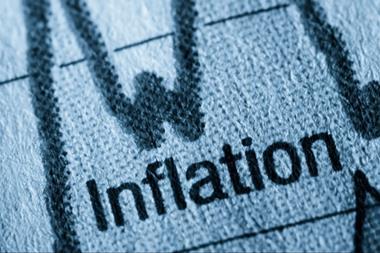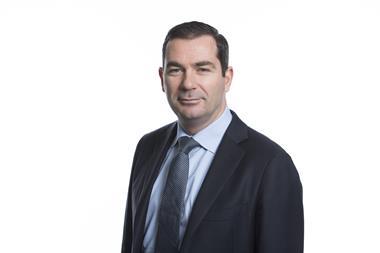The Swiss finance ministry – the Federal Department of Finance (FDF) – will work to draft an ordinance to regulate for the first time the market of sustainable products and services, improving transparency and fending off greenwashing risks.
The ministry will draft the ordinance based on key points and principles outlined by the Federal Council in its paper on the prevention of greenwashing in the financial sector published in December last year, instructing the FDF to come up with a solution to tighten rules on sustainable investments.
In the paper, the government deemed products as sustainable only if they are aligned to one or more specific sustainability goals, or contribute to achieving one or more specific sustainability goals. Reducing ESG risks or optimising performance was not enough to receive a sustainably label.
Achieving sustainability goals means typically applying an impact investment approach, or a credible active ownership, or a combination of the two, the paper added.
The government also requires investment goals, management processes, key performance indicators, monitoring processes in the case of impact investments, and the process of investment selection, to be clearly disclosed by investors, who should be putting pressure on companies in the case of engagement, it added.
It recommends to use the Swiss Climate Scores, helping institutional investors to assess whether and to which extent investments are in line with international climate goals, to report on sustainability goals, and hire an independent third party to verify the implementation of the principles.
The FDF will submit a consultation draft of the ordinance to the Federal Council by end of August 2024 at the latest, unless the financial industry presents a self-regulatory framework implementing the Federal Council’s position.
Industry keen on self-regulation
The Swiss asset management association AMAS outlined last year a self-regulatory framework in sustainable finance for collective investment schemes, underlining that exclusion or ESG integration alone were not enough to list a fund as sustainable, and requiring asset managers to improve transparency when reporting to investors using comparable indicators.
The Swiss bankers association (SBA) also published self-regulations requiring members to take into account the ESG preferences of their clients.
AMAS, SBV, and the Swiss Insurance Association (SIA/SVV) remain convinced that self-regulations represent an effective and more flexible tool to prevent greenwashing, compared with principle-based regulation like the one the FDF will work on, they said in a statement.
The associations will continue to push forward self-regulations in the coming year, regardless of regulatory developments, they added.
The Federal Council said that self-regulations can supplement the upcoming ordinance, adding that if the financial industry puts forward a form of self-regulation that effectively implements the government’s position, the finance department will refrain from further regulation.
According to Tillmann Lang of Inyova Impact Investing, the path taken by the Swiss government favours impact investing when assessing the type of sustainable products according to ESG standards.
Therefore, up to 79% of sustainable investments, amounting to a total of CHF1.61trn according to Swiss Sustainable Finance’s (SSF) Market Study 2023, could lose the sustainably label, if the bill is approved.
Only CHF331bn of sustainability-related investments are impact-aligned or impact generating, according to the study, which also disclosed that the volume of impact investments has increased by 80% year-on-year in 2022 to CHF182bn.
The latest digital edition of IPE’s magazine is now available























